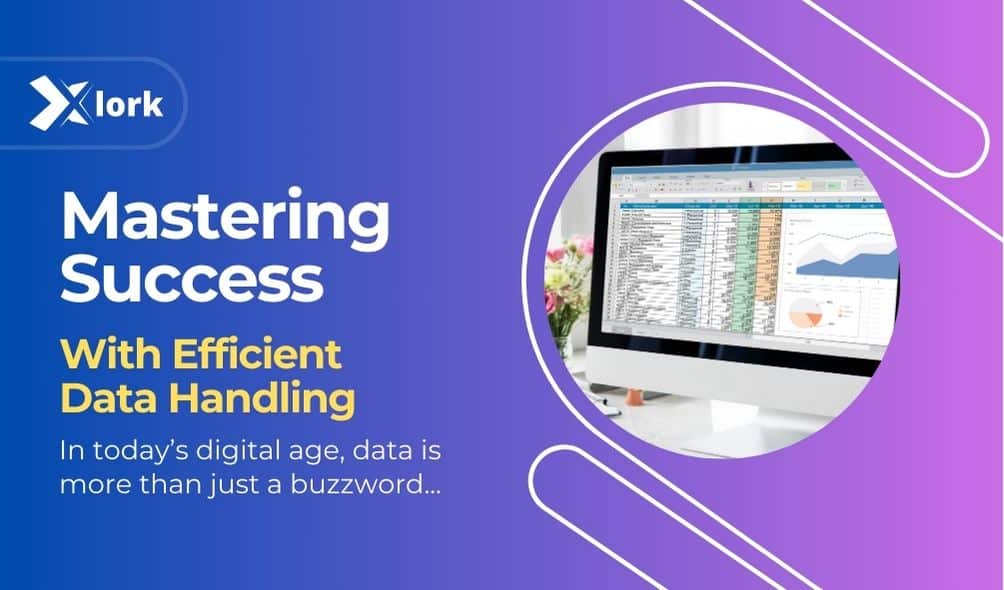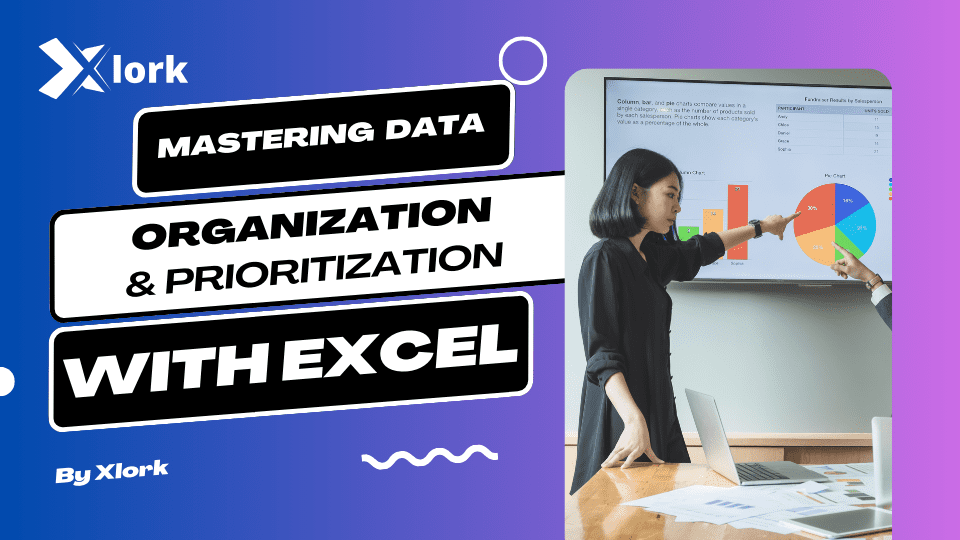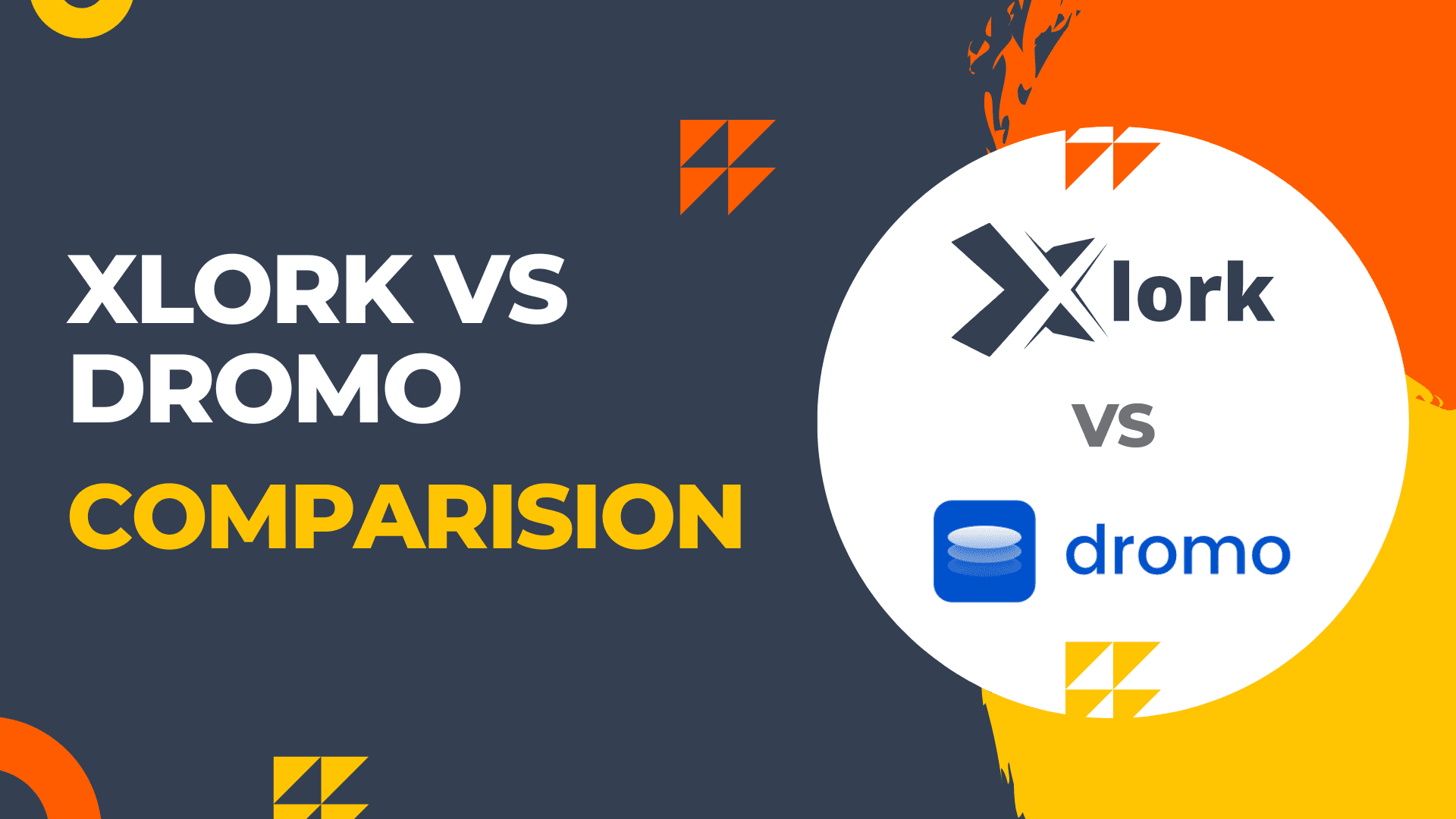
In today’s digital age, data is more than just a buzzword—it’s a valuable resource that can fuel business growth and innovation. Efficient data handling is the key to unlocking the potential of this resource and gaining a competitive edge in the market. In this blog, we’ll explore the significance of efficient data handling and provide you with actionable tips and strategies to streamline your data management processes.
Why Efficient Data Handling Matters
Efficient data handling involves the careful organization, storage, processing, and analysis of data to derive meaningful insights. Here’s why it’s a game-changer for your business:
- Informed Decision-Making: Well-organized data enables you to make informed decisions based on accurate insights, leading to better outcomes and strategic choices.
- Time and Cost Savings: Efficient data handling minimizes manual errors, reduces data duplication, and optimizes processes, saving both time and resources.
- Enhanced Customer Experiences: By understanding customer behaviors and preferences through data analysis, you can tailor your products and services to meet their needs effectively.
- Predictive Analytics: Clean and well-maintained data lays the foundation for accurate predictive models that help anticipate trends and market changes.
Effective Strategies for Efficient Data Handling
- Data Collection and Validation: Start by collecting only relevant data that aligns with your business objectives. Implement validation mechanisms to ensure data accuracy during entry.
- Robust Data Storage: Choose appropriate storage solutions, whether on-premises or cloud-based, that provide scalability, security, and easy retrieval.
- Data Cleansing and Enrichment: Regularly clean and update your data to eliminate redundancies and inaccuracies. Enrich data with additional information from reliable sources for more comprehensive insights.
- Automation: Leverage automation tools to handle routine data management tasks, such as data backups, updates, and reporting.
- Data Security: Implement strong security measures to protect sensitive data from breaches and unauthorized access. Regularly audit and monitor data access to ensure compliance.
- Data Governance: Establish clear guidelines for data usage, access, and ownership within your organization. Assign responsibilities for data management and ensure adherence to data policies.
- Data Analytics: Utilize advanced analytics techniques to derive meaningful insights from your data. Visualizations and reports can help you communicate these insights effectively across your organization.
Conclusion
Efficient data handling is the linchpin of successful businesses in the digital era. By treating data as a valuable asset and implementing strategic handling practices, you can unlock its potential to drive growth, innovation, and customer satisfaction. With a strong foundation in data organization, validation, and analysis, your business is poised to thrive in an increasingly data-driven world. Embrace efficient data handling today and pave the way for a brighter and more prosperous tomorrow.


